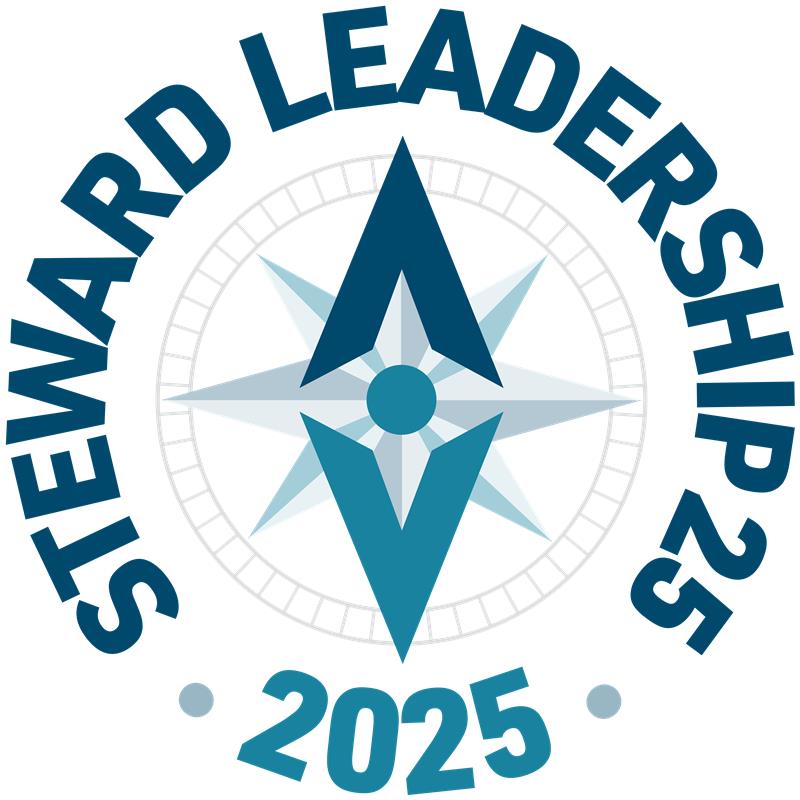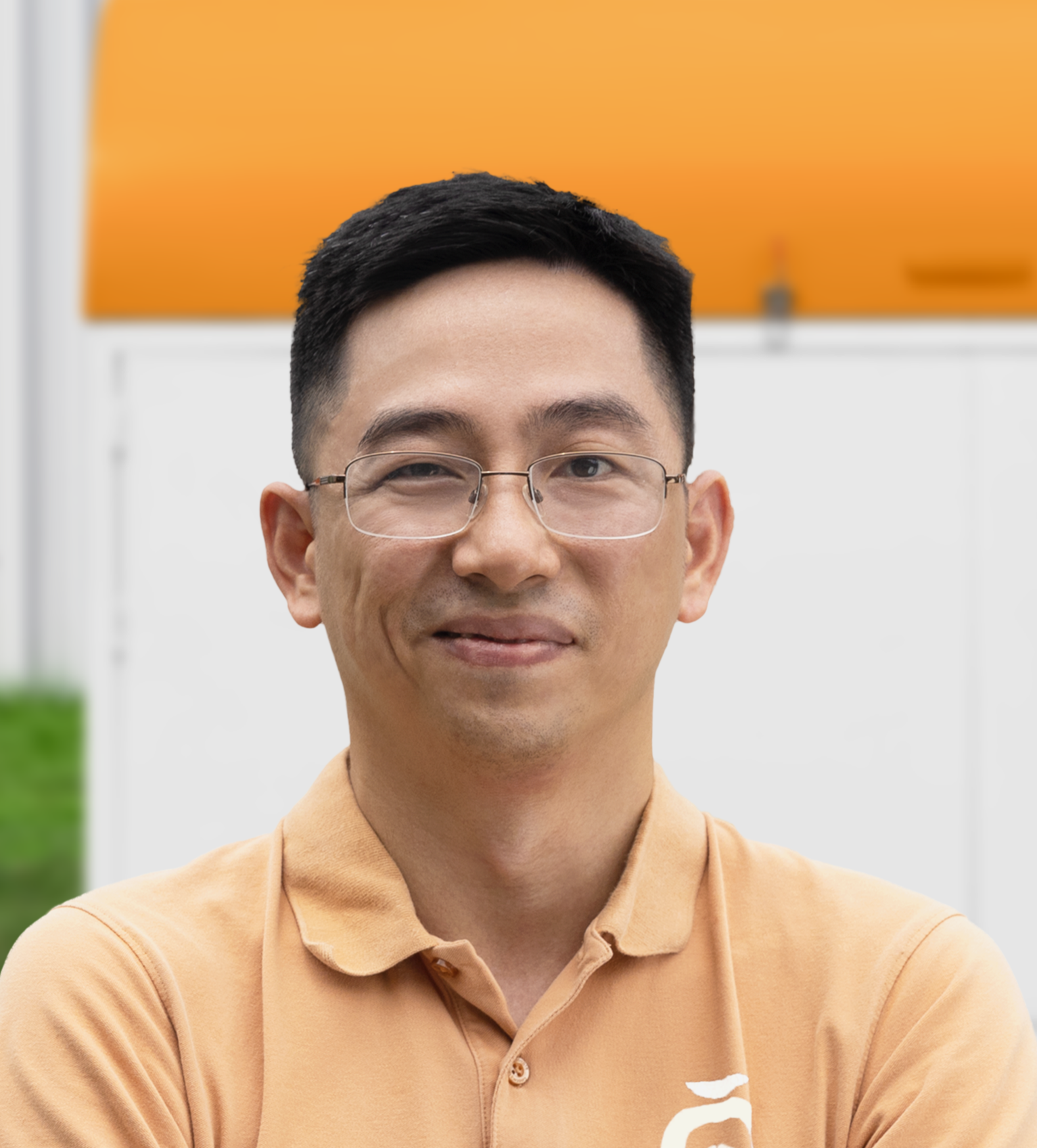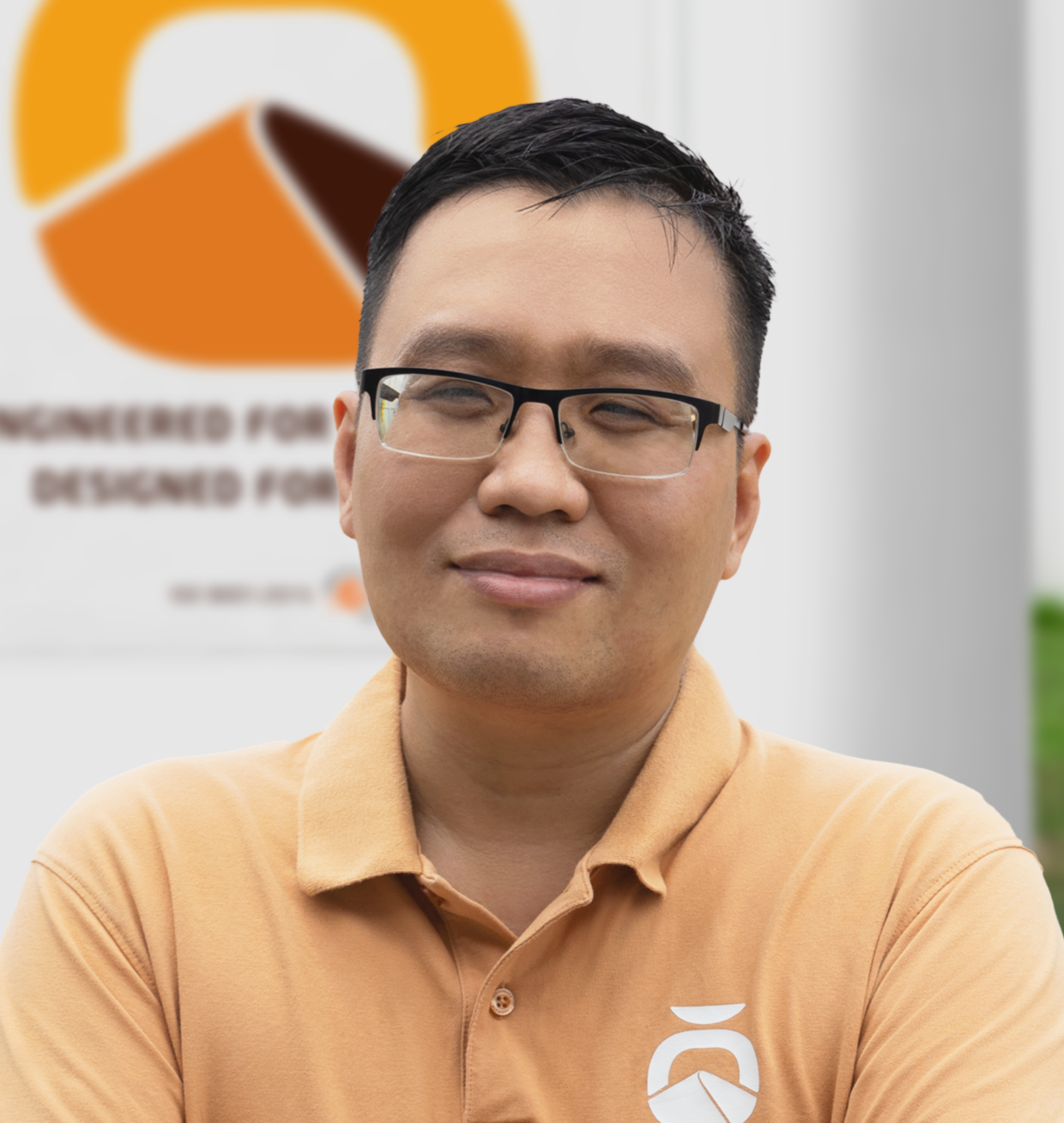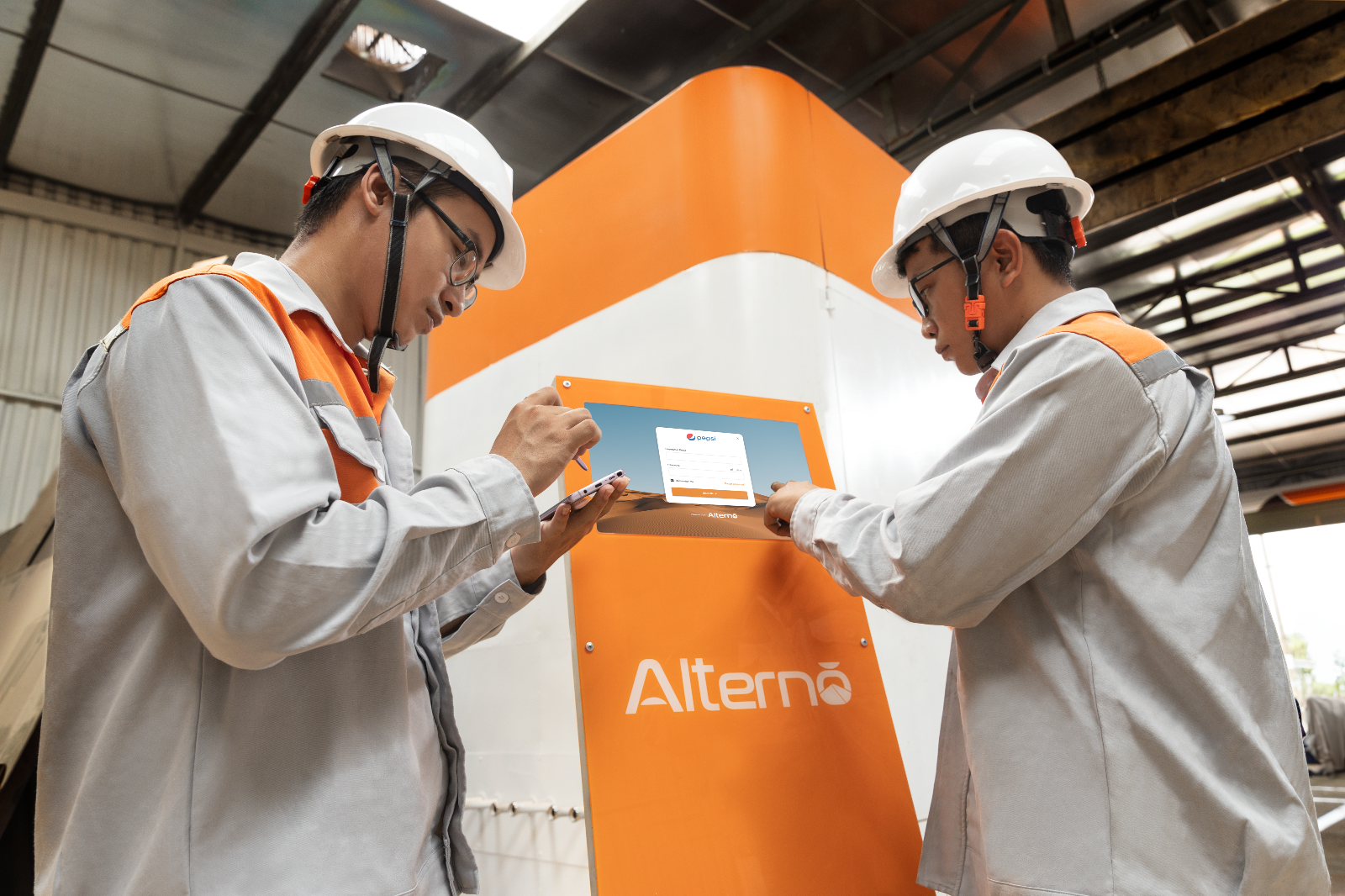Industrial heating generates 18% of global CO₂ emissions, yet pilot sites using Alternō’s sand battery have cut fossil fuel use by up to 30% and avoided over 100 tons of emissions in under two years.
Challenge
Industrial process heat alone accounts for around 18% of global greenhouse gas emissions, yet most industries rely on fossil fuels due to cost and infrastructure constraints.
In Asia, heating-intensive sectors like manufacturing and agriculture predominantly burn coal or diesel—worsening air pollution, carbon emissions, and health risks.
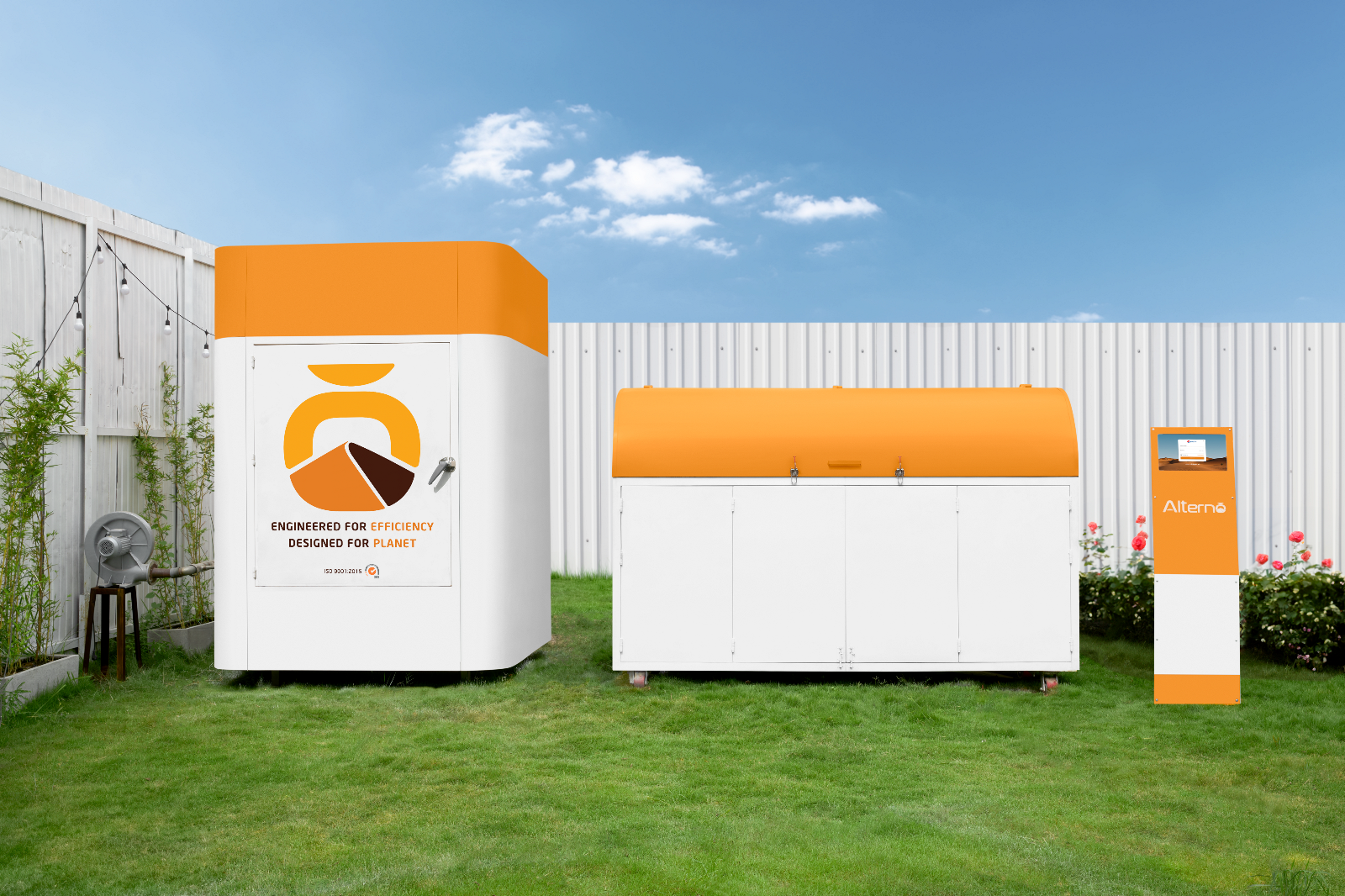
Solution
Alternō’s sand battery emerges here as both a practical and visionary solution, offering scalable, affordable thermal storage to drive long-term, ethical decarbonisation.
Alternō’s patented sand battery is a next-generation thermal energy storage system that converts renewable electricity—from solar, wind, or off-peak grid power—into high-temperature heat without combustion. Using abundant, low-cost sand as the storage medium, the system can hold heat up to 600°C with only 2–3% daily loss. The heat is distributed via internal tubes for industrial, agricultural, and even residential applications, delivering clean air at 40–300°C. Smart integration with AI and IoT enables real-time monitoring, automation, and multi-unit optimisation.
The design is intentionally modular and scalable, allowing for rapid deployment in factories, farming cooperatives, and community settings. Integrated AI and IoT systems provide real-time monitoring, automation, and multi-unit optimisation, ensuring efficiency at scale. Its flexibility extends beyond engineering: Alternō also innovates through business models. Heat-as-a-Service subscriptions, equipment rentals, and upfront sales make clean heat accessible to organisations of varying sizes and capacities, especially those traditionally locked into fossil fuels due to financial constraints. By uniting technological ingenuity with financial inclusivity, Alternō demonstrates how energy innovation can be both ethical and commercially viable.
At pilot sites, such as PepsiCo snack facility and agricultural drying operations, fossil fuel use dropped by up to 30%, avoiding 103 tons of CO₂ emissions across all pilots.
Impact
Alternō’s deployments in Vietnam have already delivered measurable results. At pilot sites, such as PepsiCo snack facility and agricultural drying operations, fossil fuel use dropped by up to 30%, avoiding 103 tons of CO₂ emissions across all pilots. Renewable energy utilisation reached an average of 85%, reducing dependency on diesel or coal and cutting operational costs.
Socially, the impact is equally compelling. Planned pilots in Ulaanbaatar, Mongolia—where coal-based winter heating is widespread—are expected to reduce PM2.5 emissions by up to 70%, directly improving air quality for local communities. Alongside this, the company has trained more than 100 local technicians and workers, creating green jobs, transferring skills, and strengthening community capacity to sustain the technology over the long term.
Technologically, the solution sets new standards by going beyond compliance. It eliminates emissions entirely, requires no water, and uses safe, abundant materials. Its precision temperature control, smart optimisation, and advanced insulation make it more efficient than traditional thermal storage systems. These qualities, combined with a modular design, make the technology highly replicable across borders and sectors.
Future outlook
By the end of 2025, Alternō aims to deploy 10 commercial sand battery units across Vietnam, Mongolia, and Japan. By 2027, it plans to expand into five new countries in Asia-Pacific and MENA, achieving 50,000 tons of CO₂ reduction in hard-to-abate sectors.
In parallel, Alternō will accelerate the development of Alternō E, its electric storage system that integrates salt cells with sand-based shells. This innovation will allow the company to provide on-demand electricity—unlocking new applications for industries, data centers, and communities seeking energy resilience.
The long-term vision is to reach one million tons of cumulative CO₂ reduction and become a leading provider of decentralised energy storage globally by 2030. Alternō will scale sustainably through diversified revenue streams, from product sales to subscription models, while embedding stewardship values into every expansion—ensuring that clean energy access is affordable, equitable, and lasting.
By aligning commercial success with measurable climate and community benefits, Alternō proves that industrial innovation can drive both profitability and a fossil-free future.
-1.png?Culture=en&sfvrsn=eb8dfca6_1)
Alternō, an Asia-based climate-tech startup, is leading innovation in sand-based thermal battery systems that deliver high-temperature, zero-emission heat for industrial and agricultural applications. Founded in 2023, Alternō aims to accelerate the energy transition in hard-to-abate sectors across Asia and beyond, with a long-term goal of reducing 100 million tons of CO₂ annually by 2030.
Learn more about Alternō through their website. To collaborate or connect, reach out directly to our SL25 team.
Connect


